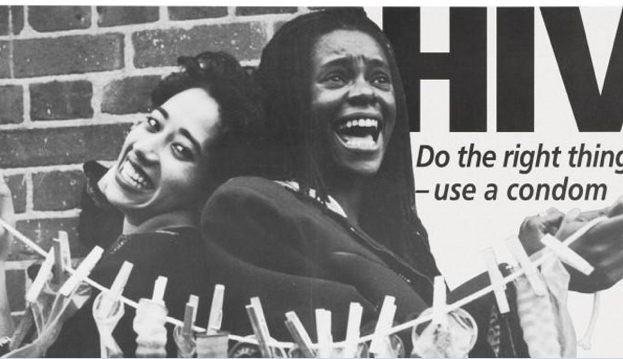
In response to the escalating AIDS crisis in the mid-1980s, special wards were created to care for people with HIV & AIDS. Nurses were responsible for providing much of this pioneering care, yet there is almost nothing written on the nursing work that was done caring for these people. In this special evening diversity event, historian and nurse Dr Tommy Dickinson discusses some of the findings of an ongoing study that is investigating a hitherto neglected area of nursing history by looking in detail at United Kingdom (UK) nurses’ perspectives on providing care to people with HIV & AIDS.
The study begins in 1981, with the first reported AIDS case in the UK, and continues until 1996, when the evidence base for antiviral medication became explicit, shifting HIV & AIDS from a terminal illness to a manageable chronic disease. Dickinson draws on a rich array of source materials including previously unseen, fascinating (and often quite moving) oral histories, archival and news media sources, and aims to redress the lack of nurses’ voices in the UK’s AIDS history. He offers a fresh understanding of the draw of HIV & AIDS nursing to queer nurses and supplements his previous work regarding queer life within mental hospitals. He also explores an important area of nursing ethics and socialisation, by analysing how nurses made decisions about what was professionally right and wrong in the context of ambiguity, frustration and conflict in their immediate personal and professional lives and at a broader political level.
Programme
5pm Arrivals and refreshments
5.30 Talk by Tommy Dickinson
6.20 Questions & Discussion






